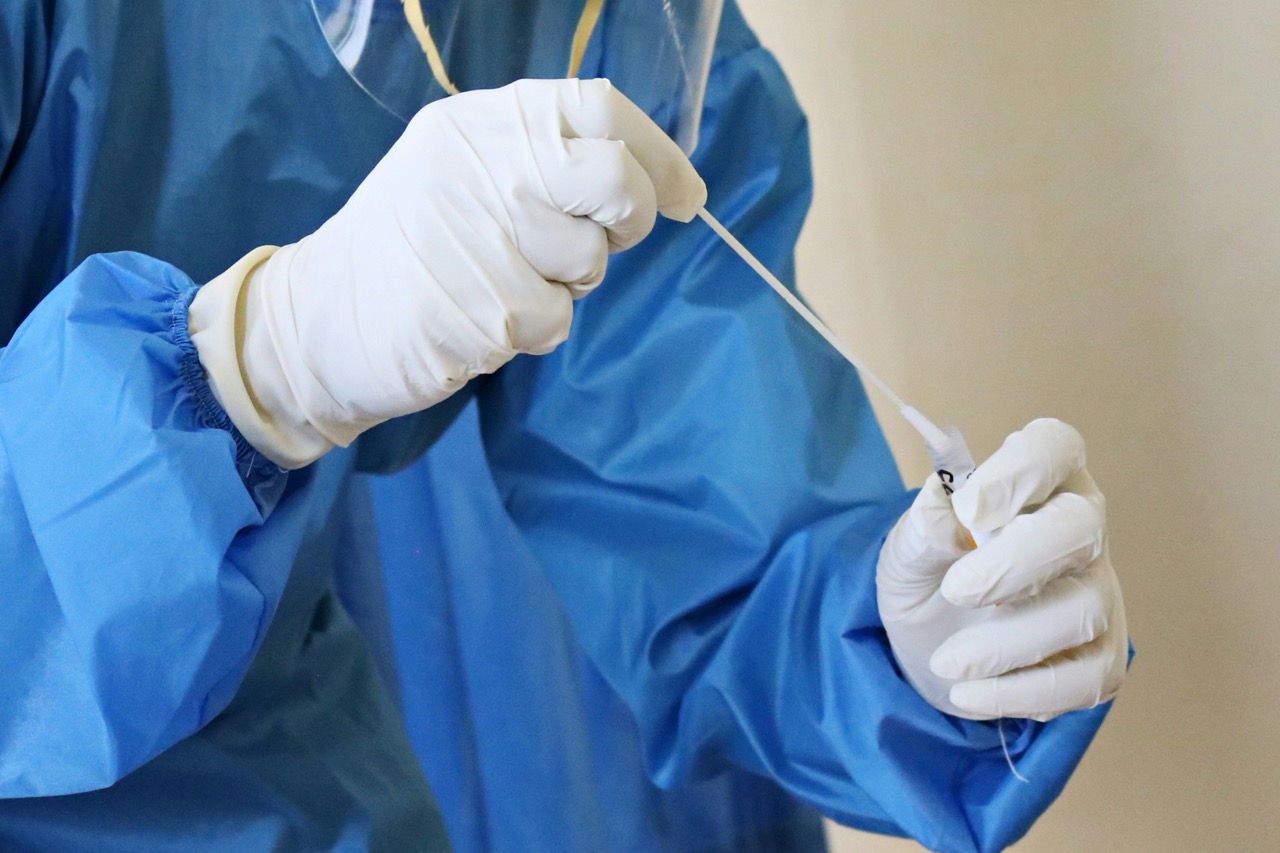Understanding Confidentiality in STD Testing: Your Guide to Peace of Mind
Hey there, health warriors! Today, let’s dive into a topic that might feel a little daunting but is super important—confidentiality in STD testing. Whether you’re curious about your sexual health, getting tested for peace of mind, or seeking answers to concerns, understanding how your information is protected will help you navigate the world of sexual health with confidence. So, let’s break it down in a cheerful and informative way!
What is Confidentiality in STD Testing?
First things first: confidentiality means that your personal health information is kept private and secure. Imagine it like a cozy blanket wrapped around your most private details—no one else gets to peek inside! When you get tested for sexually transmitted diseases (STDs), the healthcare providers are committed to keeping your results and information safe. This means only you (and potentially a trusted partner, if you choose) will know what’s going on with your health.
The Importance of Confidentiality
You might wonder, “Why does confidentiality matter?” Well, let’s paint a picture: Imagine you’re feeling a little under the weather and decide to visit a clinic. You’re nervous about being judged or having your details shared with others. A strong confidentiality policy can ease those worries, allowing you to focus on what really matters—your health!
-
Encourages Testing: When individuals know their information is protected, they’re more likely to seek out testing. This is crucial for both personal health and public health, as early detection can prevent the spread of STDs.
-
Promotes Honest Conversations: Confidentiality fosters an environment where people feel safe discussing their sexual health openly. This encourages healthy communication with partners and healthcare providers.
-
Reduces Stigma: By ensuring that your information is secure, healthcare providers help reduce the stigma surrounding STDs. Everyone deserves access to health services without fear of judgment!
How is Confidentiality Maintained?
Now that you’re feeling upbeat about confidentiality, let’s explore how it’s maintained in STD testing:
-
Anonymous Testing Options: Many clinics offer anonymous testing, meaning you don’t have to provide your name or personal information. Just your results, please! This can be a fantastic option if you’re particularly nervous.
-
Secure Medical Records: Healthcare providers often use secure electronic health records (EHR) to store your information. These systems are designed to keep your data safe from unauthorized access.
-
Informed Consent: Before you get tested, you’ll usually be asked to sign a consent form. This document explains how your information will be used and emphasizes your right to confidentiality.
-
Patient-Provider Privilege: In many places, healthcare providers are legally obligated to keep your information private. Any breach of this trust can lead to serious consequences for the provider.
What If You Want to Share Your Results?
If you receive a positive test result and wish to share this information with a partner, you have the power to do so on your own terms. Remember, open communication is vital in any relationship, especially when it comes to sexual health. Be honest, be supportive, and make it a conversation—not an accusation.
Wrap-Up: Your Health, Your Business!
So, there you have it, health champions! Understanding confidentiality in STD testing is like having a superhero cape that protects your personal information. It empowers you to prioritize your health without the fear of judgment or unwanted attention.
Remember, whether you’re getting tested for the first time or the fiftieth, your health is a priority, and it’s absolutely okay to seek help. So, go forth with confidence, have those conversations, and embrace the journey towards better sexual health! Cheers to you and your well-being! 🥳💖










